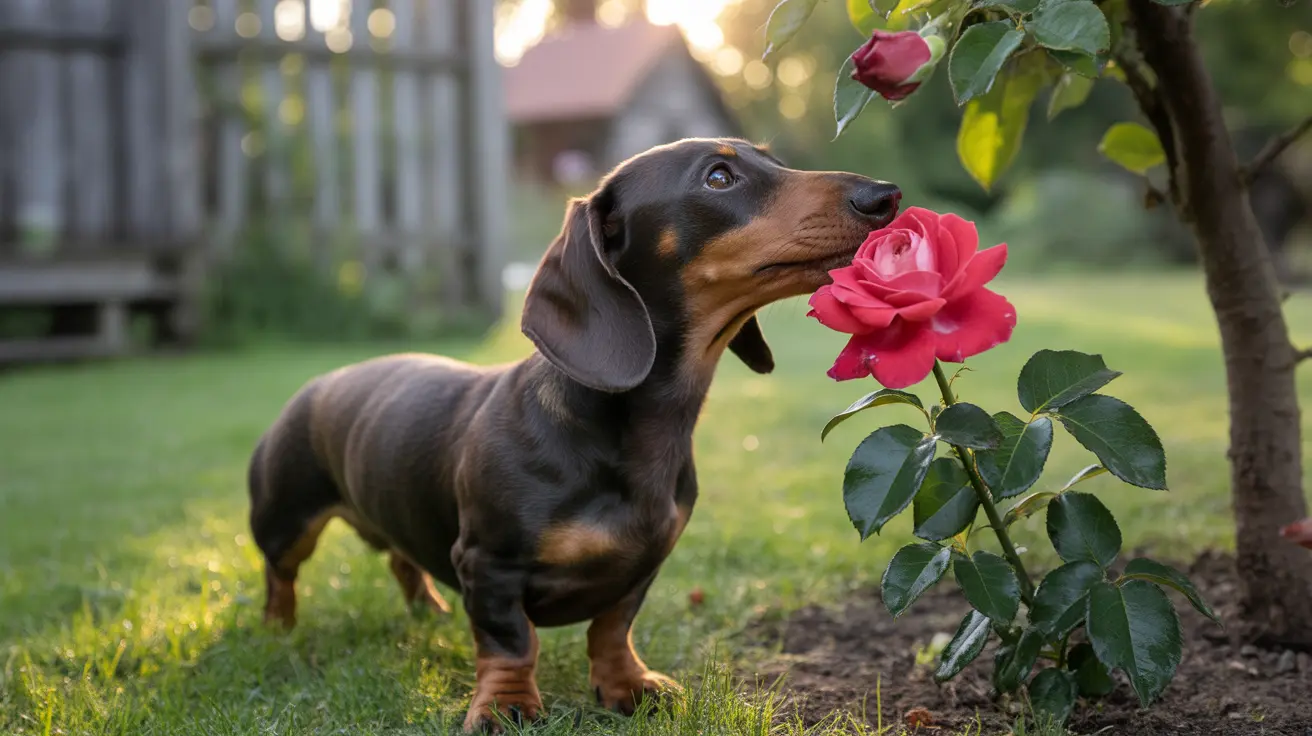Dogs communicate in fascinating ways, and one of the most common behaviors you might notice is when they lick each other's mouths. This natural behavior has deep roots in canine evolution and serves multiple important social functions in their daily interactions.
Understanding why dogs lick each other's mouths can help pet owners better interpret their pets' social dynamics and ensure healthy relationships between their furry family members. Let's explore the various reasons behind this intriguing behavior.
The Evolutionary Origins of Mouth Licking
This behavior dates back to wild dog and wolf packs, where it played a crucial survival role. Puppies would lick their mother's mouth to stimulate regurgitation of partially digested food, a common feeding behavior in wild canines. This ancient instinct remains ingrained in modern domestic dogs, though it has evolved to serve broader social purposes.
Even in domestic settings, puppies naturally display this behavior with their mothers, and it often continues into adulthood as a form of social communication.
Social Hierarchy and Submission Signals
When adult dogs lick each other's mouths, it often represents a clear demonstration of social hierarchy. Younger or more submissive dogs typically initiate this behavior with older or more dominant dogs as a sign of respect and deference.
This peaceful gesture helps maintain order within dog groups and prevents potential conflicts by clearly establishing and reinforcing social relationships.
Bonding and Affection
Mouth licking isn't always about hierarchy - it's also a powerful bonding mechanism. When dogs engage in this behavior, their bodies release oxytocin and endorphins, often called "feel-good hormones." These chemicals strengthen social bonds and create positive associations between the dogs involved.
Think of it as the canine equivalent of a friendly greeting or hug between humans. It's their way of maintaining and strengthening their social connections.
Health and Grooming Benefits
Dogs may also lick each other's mouths for practical reasons related to grooming and health. They might detect interesting scents, help clean each other's faces, or investigate potential health issues. This mutual grooming behavior strengthens their pack bonds while serving a practical purpose.
When to Monitor or Intervene
While mouth licking is generally normal and healthy, owners should watch for signs that the behavior has become excessive or is causing distress to either dog. Signs that intervention might be needed include:
- Obvious discomfort from the receiving dog
- Obsessive or compulsive licking
- Signs of anxiety or stress in either dog
- The recipient trying to avoid the behavior
Frequently Asked Questions
Why do dogs lick each other's mouths when they meet?
Dogs lick each other's mouths during meetings as a greeting ritual and to establish social relationships. It's a way of showing respect and friendly intentions while gathering information about each other through scent and taste.
Is licking another dog's mouth a sign of submission or affection?
It can be both. While mouth licking often indicates submission, particularly from younger or lower-ranking dogs, it's also a sign of affection and bonding between dogs who are comfortable with each other.
Should I stop my dog from obsessively licking another dog's face?
Yes, if the licking becomes obsessive or causes distress to either dog, it's important to interrupt the behavior gently and redirect their attention to other activities. Excessive licking might indicate anxiety or compulsive behavior that needs addressing.
Do puppies lick their mother's mouth instinctively, and why?
Yes, puppies instinctively lick their mother's mouth as a natural feeding behavior. In the wild, this would stimulate the mother to regurgitate partially digested food. In domestic dogs, this instinct remains even though it's no longer necessary for feeding.
Can excessive mouth-licking between dogs indicate health issues?
While most mouth-licking is normal social behavior, excessive licking of a particular dog's mouth might indicate that the recipient has a health issue that's drawing attention. If you notice unusual patterns of licking, consult with your veterinarian.






